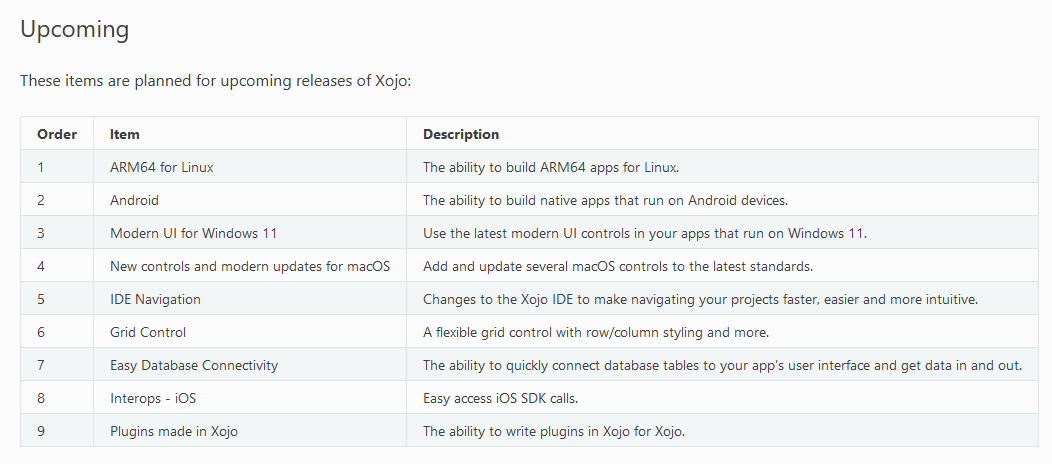Hi all,
I’m building an raspi application which has the need to be « updatable » , adding extra features in a regular basis without having the need to recompile it ( main structure remains the same all the time ).
Let’s say that in this app there is one menu with 5 submenus.
Ex :m’y top menu is system and I have 2 submenus : 1 is show time, 2nd is show date .
3,4,5 are not assigned for now to anything, so they are not displayed .
I was thinking to have some « modules «
Which ca be Assigned to one ( or several ) submenu(s).
Each module will provide different type of feature(s). In my example , I have one module which display the time , second one display the date.
Now , let’s say in 6 months , I want to add a new feature : show IP address . So , idea would be to have to perform a search through a library ( in a centralized server as ex , but this is many another post subject , just to provide as much I sights here ) , select the « module « and get it . Then this module being available in the raspi will be available to be assigned to submenu#3 ….
Module is assigned , feature is now available as submenu #3
And so on for any new module .
Do anyone would have recommendations , do and don’t in this , how to do it the best way .
Thx in advance,
